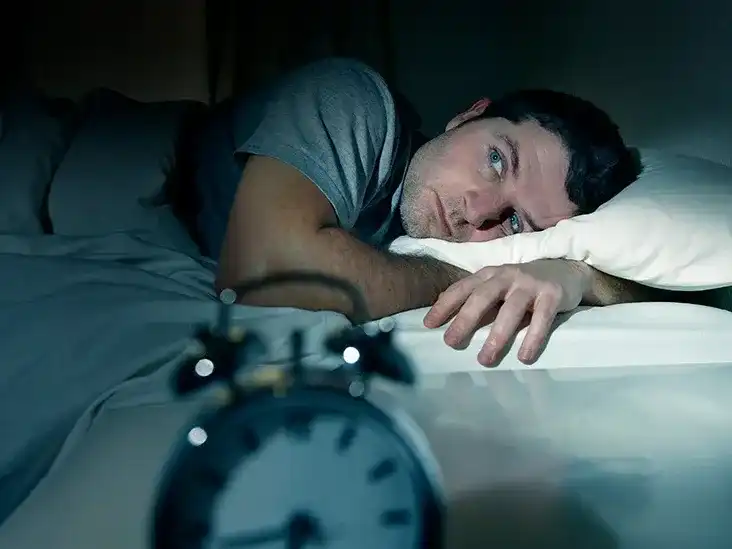Treatment of sleep disorders
Treatment of insomnia may include both self-organization and pharmacological therapy, depending on the causes and severity of symptoms. Some general insomnia treatment strategies are listed below.
- Sleep hygiene: a strategy to fight sleep disorders based on creating the right sleep environment, such as maintaining a regular sleep schedule, creating a calm and comfortable sleeping environment, avoiding stimulants before bedtime (caffeine, alcohol, etc.), and regular physical activity.
- Cognitive Behavioral Therapy: This strategy helps identify and change negative beliefs and thoughts related to insomnia and introduces positive sleep habits. May include:
- Relaxation techniques
- Training in stress management skills
- Training in reducing mental activity before bedtime (e.g., meditation)
- Limiting time spent in bed for non-sleep activities
- Sleep deprivation
- Pharmacotherapy: Sometimes, your doctor may prescribe the short-term use of addictive sleeping pills to relieve insomnia. This is usually a temporary solution and should be done under medical supervision. In addition, other non-addictive psychotropic drugs are used, which are not strictly hypnotic drugs, but facilitate falling asleep - e.g., antihistamines, some antidepressants, and some neuroleptics.
- Brain neurostimulation: Some research suggests that TMS may potentially reduce insomnia symptoms by affecting brain activity and regulating neurophysiological abnormalities associated with insomnia. However, this research area is still developing, and the results are mixed.
